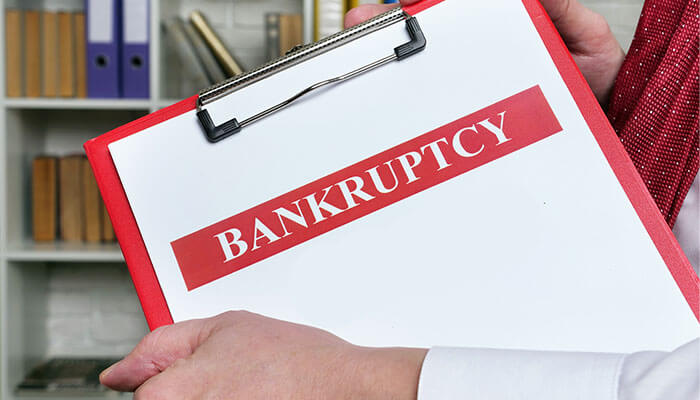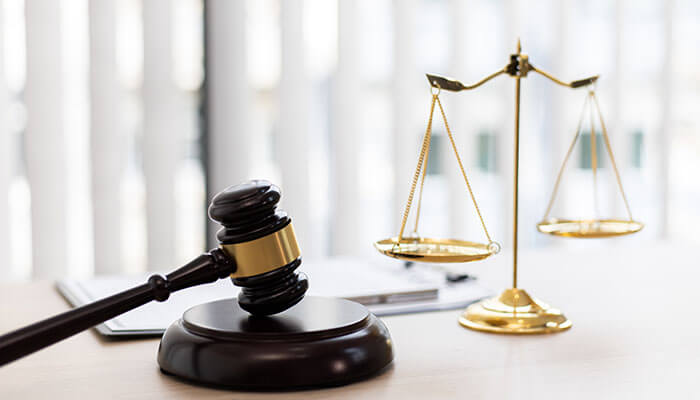Bankruptcy is a challenging and often overwhelming experience for individuals facing severe financial difficulties. While the ultimate goal of bankruptcy is to provide individuals with a fresh start, it is crucial to comprehend the concept of an undischarged bankruptcy. In this article, we will explore what an undischarged bankruptcy entails, its consequences, and the steps individuals can take to achieve financial recovery.
What is an Undischarged Bankruptcy?
Undischarged bankruptcy refers to a bankruptcy case that has not yet been completed or formally discharged by the court. When an individual files for bankruptcy, they seek relief from their overwhelming debts, and the court assigns a trustee to oversee the proceedings. The trustee manages the individual’s assets and liabilities, distributing them among creditors to the extent possible.
The length of an undischarged bankruptcy depends on the type of bankruptcy filed. In general, a bankruptcy can last anywhere from several months to several years. During this time, the individual must fulfill certain obligations and meet the conditions outlined by the court.
Consequences of an Undischarged Bankruptcy
1. Restrictions on Credit and Borrowing:
With an undischarged bankruptcy, obtaining credit becomes extremely challenging. Financial institutions are often reluctant to extend loans or credit lines to individuals with a bankruptcy on their record. It may take several years post-bankruptcy discharge before one can rebuild creditworthiness.
2. Impact on Employment and Professional Licenses:
Certain professions, such as finance, law, or real estate, require employees to maintain good financial standing. Undischarged bankruptcy can hinder employment opportunities in these fields and affect the renewal or acquisition of professional licenses.
3. Difficulty in Renting or Purchasing Property:
Landlords and property owners frequently conduct credit checks when considering rental applications. An undischarged bankruptcy can make it challenging to secure a rental property. Additionally, obtaining a mortgage for purchasing a home may be significantly more difficult during this period.
4. Limitations on International Travel:
In some cases, an undischarged bankruptcy can restrict an individual’s ability to travel internationally. Some countries impose travel restrictions on individuals with ongoing bankruptcy cases.
5. Asset and Income Restrictions:
The court-appointed trustee has the authority to seize and sell certain assets to repay creditors. Moreover, individuals with undischarged bankruptcy may be subject to income restrictions, requiring them to contribute a portion of their earnings toward repaying their debts.
Steps Towards Financial Recovery
1. Comply with Court Requirements:
To navigate through the bankruptcy process successfully, individuals must comply with all court requirements, including attending hearings, providing accurate financial information, and cooperating with the trustee. By fulfilling their obligations, individuals can demonstrate their commitment to resolving their financial difficulties.
2. Budgeting and Financial Planning:
Creating a realistic budget and developing effective financial planning strategies is crucial during and after bankruptcy. Prioritize essential expenses, track income and expenditures, and allocate funds toward debt repayment. Seek the guidance of a financial advisor or credit counseling agency for expert assistance.
3. Rebuilding Credit:
Although challenging, rebuilding credit after bankruptcy is possible. Start by obtaining a secured credit card or a credit-builder loan, making timely payments, and maintaining low credit utilization. Regularly review credit reports, disputing any errors, and demonstrating responsible credit management over time.
4. Seek Professional Advice:
Consult with a bankruptcy attorney or financial advisor to understand the specific implications of an undischarged bankruptcy. They can provide guidance on legal matters, help negotiate with creditors, and offer valuable insights into improving financial circumstances.
5. Patience and Persistence:
Recovering from an undischarged bankruptcy takes time and perseverance. It is essential to remain focused, motivated, and disciplined throughout the process. Stay committed to your financial goals and make informed decisions to rebuild your financial life gradually.



